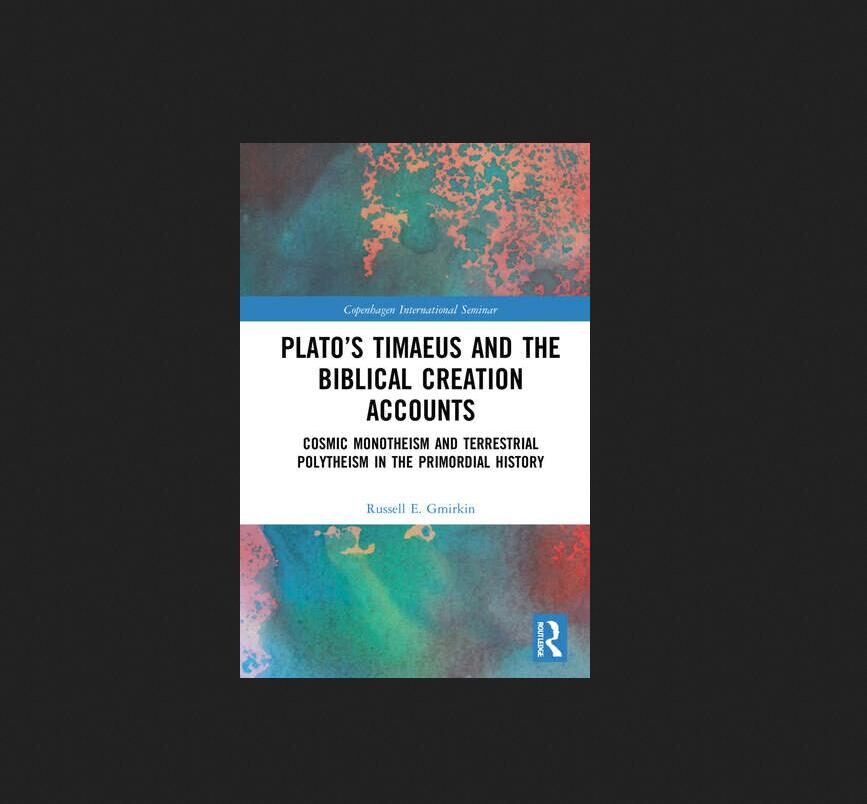Kommentar: Delvist oversat af SOTT.net fra Jewish cosmic monotheism drew on Plato's writings, new book claims
- That the "First Creation Account" in Genesis 1 shows systematic dependence on Plato's account of the creation of the kosmos by the eternal Demiurge or Craftsman, Plato's cosmic deity present at the dawn of time.
- That the "Second Creation Account" of Genesis 2-3 shows systematic parallels with Plato's account of the creation of mortal life by the offspring of the Demiurge, the traditional Greek gods and goddesses living on earth.
- That the figure of Yahweh in Genesis was not the Creator Elohim of Genesis 1 but one of the many "sons of God" who dwelled on earth.
- That the story of the "sons of God" marrying beautiful daughters of men and having heroic gigantic offspring in Genesis 6 drew directly on Plato's Critias, the sequel to Timaeus.
- That the subsequent corruption of this noble line and their destruction by earthquake and flood in Genesis also drew on Plato's Critias.
- That Yahweh was only elevated to cosmic status as the sole god worthy of worship in Exodus-Joshua by his later identification with the Creator in the Ten Commandments.
Additional information about Plato's Timaeus and the Biblical Creation Accounts is available at RussellGmirkin.com and Routledge.com/Platos-Timaeus-and-the-Biblical-Creation-Accounts-Cosmic-Monotheism. To schedule an interview with author Russell Gmirkin, email at RUSSELLGMIRKIN@Yahoo.com (best) or call 503/442-5007.




Kommentar: See also: Judaism and Christianity - Two Thousand Years of Lies - 60 Years of State Terrorism:
- Oink Vey! Evidence ancient Israelites ate pork revealed by pig skeleton in First Temple-period Jerusalem
- 3,000 year old drawing of god found in Sinai could undermine our entire idea of Judaism
- The Arabian cradle of Zion: Moses, Muhammad, and Wahhabo-Zionism
- Polytheism and human sacrifice in early Israelite religion
And check out SOTT radio's: